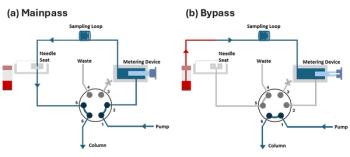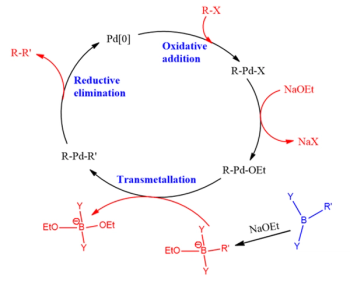
Analysis & Purification of Oligonucleotides: Method Development Optimization from Characterization to Purification
Webinar Dates/Times: Wednesday, December 14th, 2022 at 10am EST|3pm GMT Wednesday, December 14th, 2022 at 2pm EST|11am PST Thursday, December 15th, 2022 at 12pm JST|11am CST
Therapeutic Oligonucleotides (oligos) have emerged as an area of particular interest and promise in biopharmaceutical research because of their potential to treat a wide range of diseases. In this webinar we will discuss some of the unique chromatographic challenges that oligonucleotides present and offer method development guidelines and optimizations for analytical characterization through scale up to preparative purification.
Register Free:
Event Overview:
Therapeutic oligonucleotides (oligos) have emerged as an area of particular interest and promise in biopharmaceutical research because of their potential to treat a wide range of diseases. These oligos can range in size, sequence complexity, and overall modifications. As a result, the analysis and purification of oligonucleotides by liquid chromatography is complex.
In this webinar, we will discuss some of the unique chromatographic challenges that oligonucleotides present and offer method development guidelines and optimizations for analytical characterization through scale up to preparative purification.
Attend this presentation to:
- Learn how to optimize your IP-RP analytical methods to improve resolution of your target product from closely related impurities.
- Understand how to simplify method translation from analytical to prep scale purification.
- Discover a simplified approach to oligonucleotide analysis and purification.
Key Learning Objectives:
- Understand the analytical challenges that make chromatographic analysis of oligos so demanding.
- Method development guidelines for analytical characterization of target oligonucleotide products.
- How to optimize lab scale oligo purification and scale up from Analytical to Prep.
Speakers:
Connor Flannery
Global Product Manager LC
Biocolumns
Agilent Technologies
Register Free:
Newsletter
Join the global community of analytical scientists who trust LCGC for insights on the latest techniques, trends, and expert solutions in chromatography.




